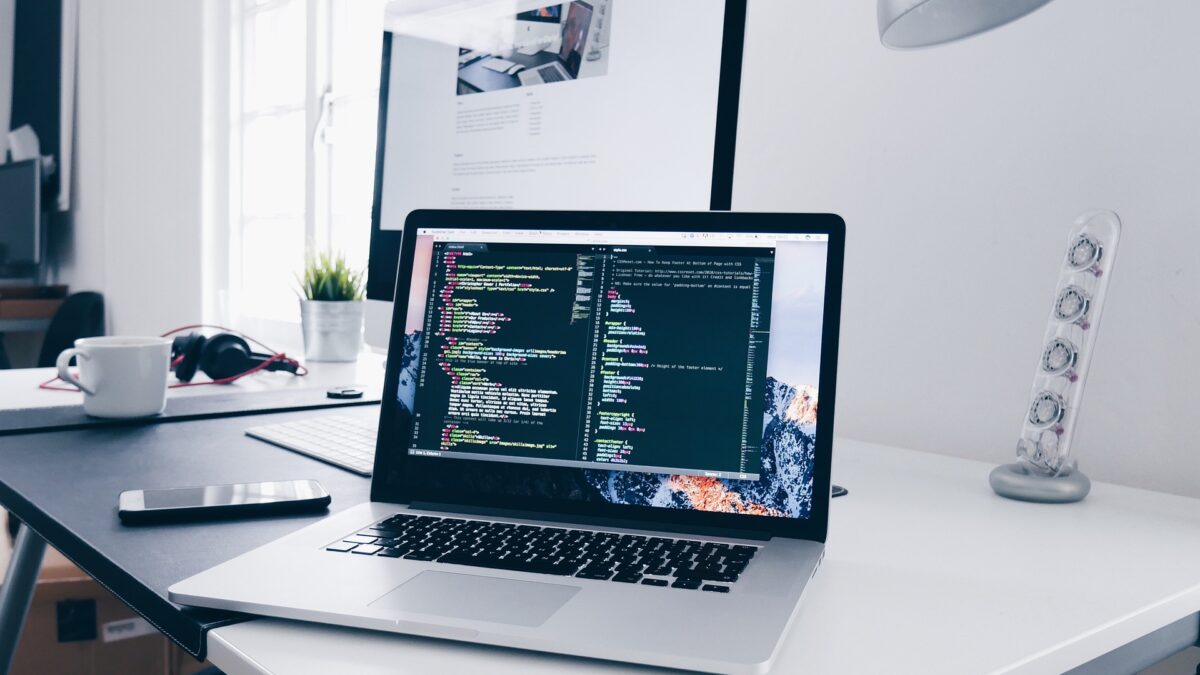
The Pollution Exclusion: Are Insurers off the Hook for Climate Change Litigation?
December 16, 2024
Improving and Strengthening Our National Security
December 18, 2024Introduction
This article explores the development of OpenAI and its sizeable impact on the technology industry. This will, in part, be achieved through examining their relationships with Microsoft, a key investor, and Elon Musk, a former co-chair/investor and founder of rival company, xAI.
Timeline
11 December 2015: OpenAI was founded. Co-chaired by Sam Altman and Elon Musk, it was originally a non-profit organisation, dedicated to Artificial Intelligence research. Its original mission statement asserted that OpenAI sought to ‘advance digital intelligence’ to ‘benefit humanity as a whole, unconstrained by a need to generate a financial return’.
Late-February 2018: Musk resigned from the organisation; since then, he has filed several lawsuits against the organisation, claiming that they have betrayed their original mission by seeking profit over the betterment of humanity.
2019: OpenAI’s mission statement was amended to reflect the ‘capped-profit’ agenda of the subsidiary that they instated – OpenAI LP. According to OpenAI’s website, this ‘capped-profit’ model allows investors and employees to receive a ‘capped return’, where profits are generated, but ‘any returns beyond that amount’ would belong to the original OpenAI non-profit entity – OpenAI Inc. Since then, OpenAI has accumulated numerous investors, including Microsoft, reflecting how the organisation’s structural development has allowed for greater capital to be raised.
30 November 2022: ChatGPT – OpenAI’s viral AI chat-box – was released, accumulating over 1 million users in just 5 days.
17 November 2023: OpenAI’s non-profit Board, primarily comprised of non-investors, dismissed Altman as CEO, announcing that they no longer had confidence in his leadership. They alleged that he had not been ‘consistently candid in communications’ with them. The Board was comprised of several academics and public policy experts, such as Helen Toner and Ilya Sutskever.
22 November 2023: Altman was re-instated as CEO, following significant backing by several of OpenAI’s investors, including Microsoft chief Satya Nadella. Additionally, a new Board was instated, on which OpenAI’s key investor, Microsoft, took a seat.
3 October 2024: In their latest funding round, the organisation raised $6.6 billion from investors, including: Microsoft ($750 million), Nvidia, SoftBank and others. As the FT reported: OpenAI is widely expected to dispense with its non-profit status. Investors who took part in its latest $6.6bn funding round can recover their money if the conversion does not take place.
14 November 2024: Musk filed his latest, amended lawsuit against Altman, Greg Brockman and OpenAI, alongside LinkedIn co-founder Reid Hoffman, Microsoft VP Dee Templeton and Microsoft itself. Hoffman and Templeton were both former OpenAI board members.
Microsoft’s Involvement
Since 2019, Microsoft has invested over $13 billion in OpenAI’s for-profit subsidiary – OpenAI LLC. Despite their significant investment, due to OpenAI’s capped-profit model, Microsoft does not own any company shares. However, they are entitled to a share of the profits up to a certain amount; this share effectively translates to a 49% stake in OpenAI’s earnings. Additionally, as stated, this capped model is expected to change as OpenAI is expected to adopt a for-profit approach. Therefore, Microsoft could be set to profit from a lot more as investors are increasingly prioritised by the organisation.
Microsoft has also allowed OpenAI to make extensive use of their cloud hardware resources to train their AI models, notably ChatGPT. Therefore, Microsoft’s alliance with OpenAI has enabled its AI models to become more data rich, advancing their intellectual value.
Elon Musk’s Latest Lawsuit
Following OpenAI’s founding, Musk was a significant investor, putting more than $44M towards its development. Since his exit in 2018, he has levied significant criticism against OpenAI and its investors, culminating in his founding of xAI and filing of several lawsuits. He filed lawsuits in February 2024, August 2024 and, most recently, November 2024. His latest, amended lawsuit against OpenAI – a 10-7 page document – alleges the following:
OpenAI has become a ‘$157bn for-profit, market-paralysing gorgon’. It has ‘violate[d] almost every principle of economic law’ by moving away from a non-profit model and positioning itself as a ‘fully for-profit subsidiary of Microsoft’. It no longer has humanitarian concerns at its heart and Musk describes feeling ‘deceived’ by this change.
OpenAI and Microsoft are seeking to ‘eliminate competitors’, such as Musk’s xAI, by discouraging investors from funding them. They are engaged in ‘anticompetitive conduct’.
OpenAI prioritises ‘shareholder value’ over data security. They are now being sued by The New York Times and the Chicago Tribune for copyright infringement for allegedly using the newspapers’ online data/content to train their AI tools.
He seeks an injunction against OpenAI and its investors to prevent them from engaging in behaviour that allegedly goes against the organisation’s original mission and is of an anti-competitive nature.
OpenAI’s Actions: The Response
It is clear that OpenAI have developed since their original mission statement. There are strong expectations that Altman will be overturning the company’s capped-profit model and transitioning into a more traditional for-profit model. The drive to appeal to investors and increase the company’s profitability is evident.
However, OpenAI have repeatedly denied Musk’s accusations that they have strayed from their mission to benefit humanity. Their website asserts: ‘The mission of OpenAI is to ensure AGI benefits all of humanity, which means both building safe and beneficial AGI and helping create broadly distributed benefits.’
They claim that they, alongside Musk, recognised the need for a for-profit model to acquire the necessary resources to aid the organisation’s growth. ChatGPT and other AI foundation models require vast amounts of information, which comes from 3 primary sources: publicly available information via the internet; third party information via their partners, and information that their users/human trainers/researchers input. Without high investment capital, which enables them to access increasing amounts of rich data, OpenAI’s potential will always be limited.
They emphasise that, in accessing new, rich data, Open Ai can develop ChatGPT in a way that ensures its daily usability. OpenAI stresses that access to their services remains broadly available and free, and that they seek to ‘empower every individual’ with their work.
What’s Next?
Part of Musk’s lawsuit discusses the copyright infringement allegations that have been levied against OpenAI by online media organisations. If their lawsuits win too, it will further erode public trust in OpenAI and will open up more claims against the organisation. It will serve as a warning to other AI organisations that technological advancements cannot breach protections for creative individuals. It may serve to increase regulation in the area.
OpenAI’s ChatGPT tool has, nevertheless, already been adopted by numerous professions. A&O Shearman, Ashurst and Macfarlanes are just a few examples of prominent law firms that now utilise Harvey AI – a law-specific AI tool that was built using OpenAI’s ChatGPT. Apple is integrating ChatGPT into their mobile operating system; for example, iPhone’s Siri will use ChatGPT to provide users with answers to more complex questions. Their investment in OpenAI, with regards to both finance and reputation, signifies the organisation’s great, growing influence within commercial industries.
Therefore, regardless of the outcome of Musk’s lawsuit, OpenAI’s progression appears to be immensely difficult to halt.
Bibliography
https://www.bbc.co.uk/news/articles/c93716xdgzqo
https://www.businessinsider.com/history-of-openai-company-chatgpt-elon-musk-founded-2022-12
https://techcrunch.com/2024/11/14/musks-amended-lawsuit-against-openai-names-microsoft-as-defendant/
https://regmedia.co.uk/2024/08/05/musk_v_openai.pdf
https://www.theverge.com/2024/11/15/24297271/elon-musk-openai-microsoft-amended-lawsuit
https://www.ft.com/content/458b162d-c97a-4464-8afc-72d65afb28ed





